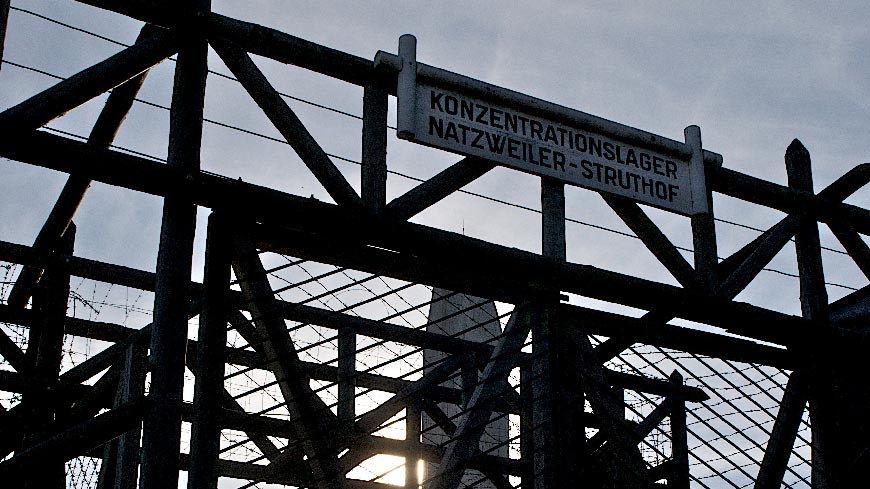The Council of Europe Committee of Ministers has adopted a comprehensive “Recommendation on passing on remembrance of the Holocaust and preventing crimes against humanity”. The Recommendation calls on the organisation’s 46 member states to promote teaching and learning about the history of the Holocaust and to pass on remembrance of the Holocaust and the crimes committed by the Nazis, their accomplices and collaborators, as an integral part of education and public policies. The text emphasises the exceptional nature of the destruction of the European Jewish community, while also recognising the other victims of Nazism and of other mass crimes of the 20th century.
Taking into account that there are fewer and fewer Holocaust survivors to bear direct witness, the Council of Europe proposes an inter-disciplinary approach to Remembrance, including historical documents, places of remembrance, media, music, art and literature.
Welcoming the Recommendation, Secretary General Marija Pejčinović Burić said « Learning and teaching about the Holocaust is vital to prevent future crimes against humanity. At a time when anti-semitism is on the rise, we must spare no effort to remember the victims and to ensure that remembrance will continue in future. This is an essential part of our collective responsibility to protect Jews and Jewish life in Europe. It is part of our common European values »




